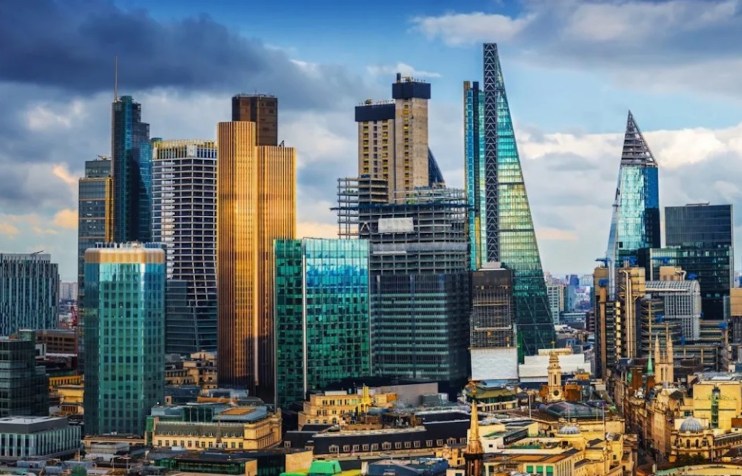Business leaders urge govt to restore ‘hard-won reputation for stability’ after rate rise and recession warning

The government’s must restore the UK’s “hard-won reputation for stability” after this week’s rate hike and warning about a prolonged recession.
A top wonk at the Confederation of British Industry responded to the Bank of England’s “bumper rate rise” to 3 per cent shows “the scale of the UK’s inflation challenge”.
With inflation now over 10 per cent, the UK is facing the prospect of a prolonged recession, the Bank of England warned yesterday, in wake of market turmoil following Liz Truss’ mini-budget.
Alpesh Paleja, CBI lead economist, said that “fiscal sustainability and growth shouldn’t be an either or choice.” Looking ahead to the Autumn statement on 17 November, Paleja added the UK must “learn the lessons of the 2010s” after the financial crisis, in a warning about stagnating growth and cuts to public services, urging the government view “fiscal sustainability and lifting trend growth” as priorities.
“Alongside protecting the most vulnerable, the government should safeguard capital spending and investment allowances to enable private sector investment to drive future growth.”
Following the rate rise, David Bharier, head of research of the British Chambers of Commerce, said the Bank of England had “laid down a clear marker” that it wants to bring down inflation through suppressing “consumer demand”.
Calling interest rate rises a “very blunt instrument” and “largely the result of global factors”, Bharier said it was “further bad news for businesses”.
Firms now find “themselves trapped between rising costs of raw materials, energy and borrowing and weakening consumer demand”.
Saying the Bank is “clearly indicating” the UK is set for a long recession, he said the BCC’s research shows business confidence “has been falling at an alarming rate”, he said firms will be “extremely worried” about the future, with major cuts expected in the Autumn statement.
Meanwhile, Kitty Ussher, chief economist of the Institute of Directors, warned that the rate rise was simply the “least worst option” to tame inflation.
Inflation “has not peaked yet” and the IOD expects it to rise until Spring next year.
It is “the least-worst option, to anchor inflation expectations firmly at a lower level in the interests of overall macroeconomic stability. In the long term, stable prices are an essential backdrop for a healthy business operating environment.
While saying increasing borrowing costs “deters business investment, choking off growth, Ussher fired a warning shot to the Bank of England “not to overshoot in its response, risking a longer fall in demand than is necessary.”
